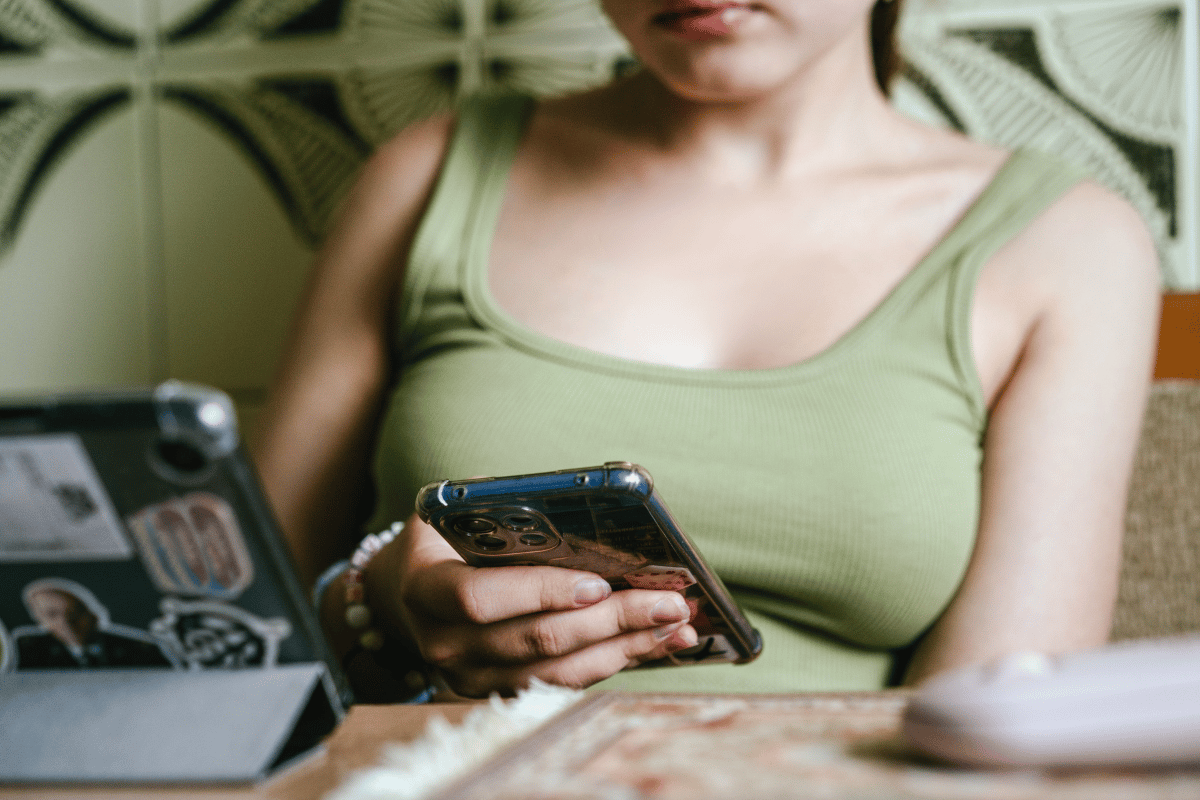
If you want to support independent women's media, become a Mamamia subscriber. Get an all-access pass to everything we make, including exclusive podcasts, articles, videos and our exercise app, MOVE.
During the past few weeks, my phone has served me live footage of a man being shot, a dying toddler and a series of statistics so horrific they're almost impossible to believe in their veracity, had we not been witness to a genocide being played out in tiny squares for the past two years.
If you're as chronically online as I am, you probably saw most of the same. You're probably also exhausted — although I'm not sure that's actually the right word.
Watch: Are you across self-care mental health literacy? Here's a quick rundown. Post continues below.
Traumatised is probably closer to the mark — and if you're not traumatised, then you're not paying attention. It's a sentiment TikTok musician Amelia Bates captured perfectly with a song that quickly went viral, amassing hundreds of thousands of likes.
In 'a song about being desensitised', Amelia sings: "Really I should have been sleeping. My phone keeps me up way too late. I've never known something so bad."




























































































